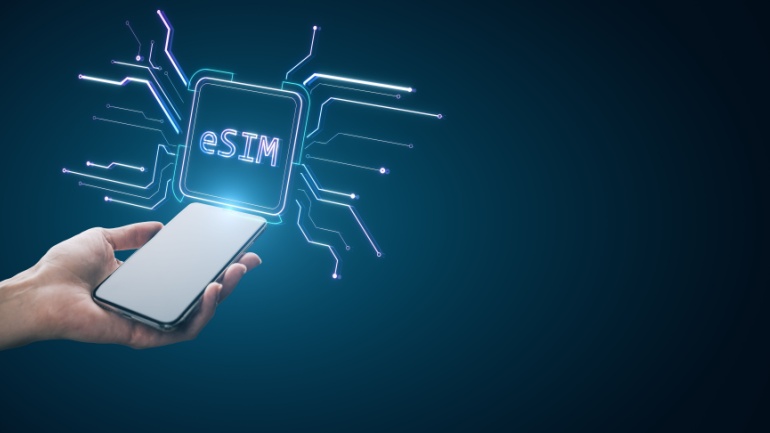NTT has launched a new energy storage division under NTT Anode Energy, managing 340 MWh across Japan. The initiative supports grid stability and wholesale energy trading. Alongside, NTT is expanding its global data center footprint, investing $10 billion through 2027 to deliver scalable infrastructure.
NTT is leading the charge in global data center expansion, strategically acquiring land in seven markets across North America, Europe, and Asia. With a $10 billion investment focused on AI-ready infrastructure, NTT aims to boost data center capabilities significantly.
Discover how NTT Data is revolutionizing India’s AI landscape with a $1.2 billion investment in a state-of-the-art VoIP-enabled data center in Hyderabad. In partnership with Neysa Networks and the Telangana government, this facility will feature 25,000 GPUs for advanced AI solutions, epitomizing the future of scalable, eco-friendly VoIP infrastructure.
NTT Corporation’s revolutionary AI chip significantly enhances drone capabilities by enabling real-time 4K video processing at 150 meters, a vast improvement from the traditional 30-meter range. This advancement broadens drone applications for industrial inspections, offering extended range and efficiency.
UPS has teamed up with NTT DATA to revolutionize its IT infrastructure over a decade. This transformative project utilizes AI to enhance UPS’s operational efficiencies and customer experiences while modernizing its data management across cloud platforms.
NTT Data’s Agentic AI suite is set to revolutionize industries such as manufacturing, banking, and healthcare. By leveraging hyperscaler platforms like Azure AI, businesses can develop private AI agents to enhance operations.
NTT Communications, a major Japanese ICT provider, has confirmed a data breach affecting 17,891 corporate clients. An attacker infiltrated its systems in February, accessing sensitive contract and contact details. While no end-user data was involved, the company is enhancing security measures and notifying affected clients.
NTT Data has secured a multi-year deal to deploy and manage a private 5G network for Belgium’s Roularta Media Group, enhancing operations at its 40,000m² facility. The initiative aims to boost connectivity, starting with push-to-talk communication and expanding to intelligent asset tracking and edge computing.
NTT Docomo recently faced a DDoS attack, disrupting systems for nearly 12 hours. As such cyberattacks rise in the telecom sector, robust security measures are vital.
Cisco’s partnership with Transatel revolutionizes secure 4G and 5G connectivity using eSIM technology. This seamless integration offers enterprises faster, scalable, and secure mobile branches with on-demand SD-WAN and edge computing for IoT.













